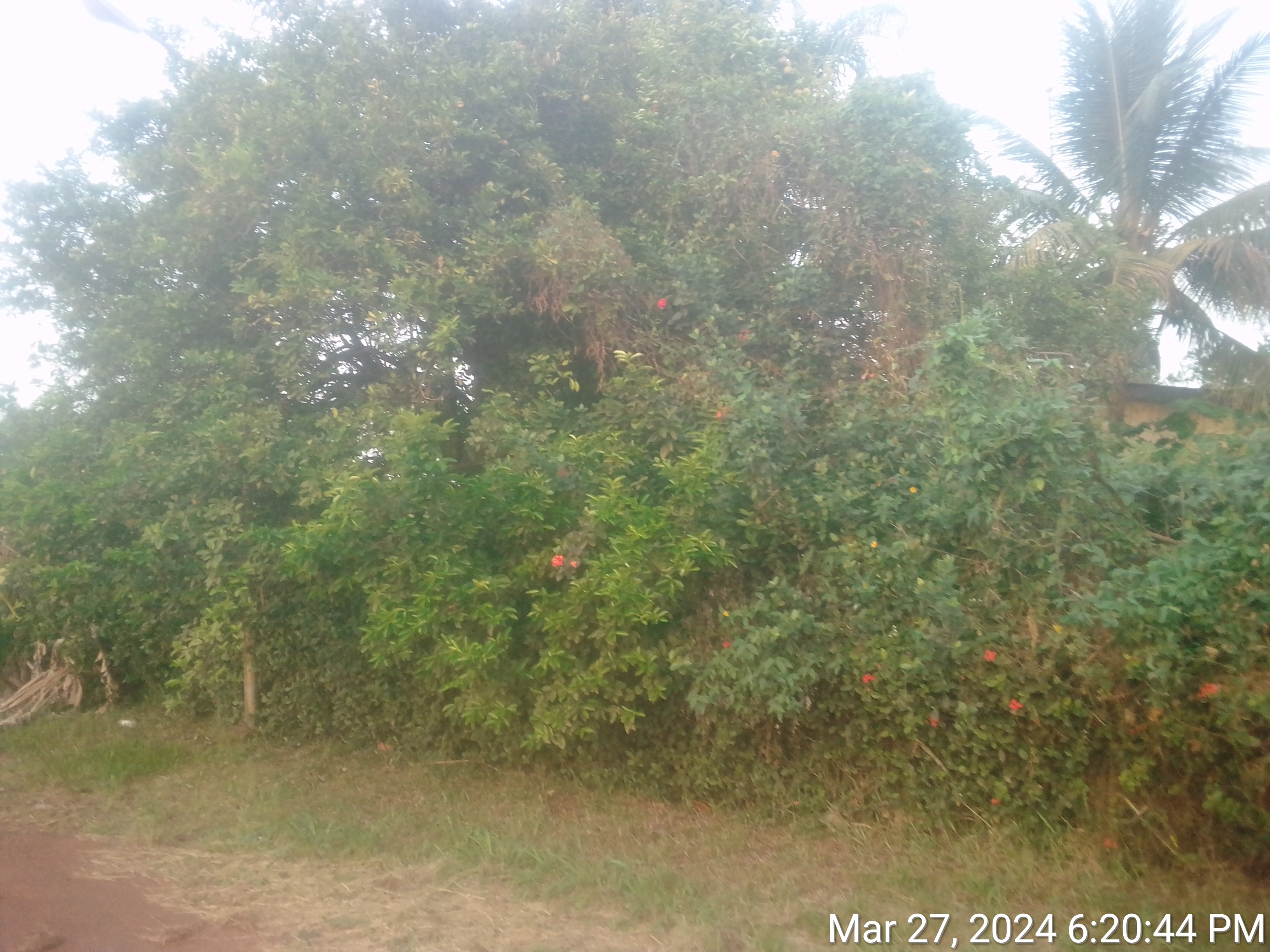Good evening my beloved ones. How are you all doing today? I hope your day is going well. It's my first time of posting in this wonderful community and I promise to be of great impact to it.
As a newcomer of this vibrant community, I am eager to delve into a topic close to my heart and, arguably, essential to our collective and individual well-being: the beautiful act of forgiveness. Forgiveness is a powerful, transformative process that not only heals old wounds but also fosters a culture of understanding, compassion, and resilience among us. I will like us to dive into the essence of forgiveness, uncover its myriad benefits, and share practical steps towards cultivating this noble quality.
The Essence of Forgiveness
At its core, forgiveness is the conscious, deliberate decision to release feelings of resentment or vengeance toward a person or group who has harmed you, regardless of whether they actually deserve your forgiveness. It's about giving yourself the permission to move on from past hurts and misunderstandings, without allowing them to define you or your relationships. Forgiveness is not about forgetting or condoning the wrongdoing but about liberating oneself from the negative bonds that hinder personal growth and peace.

The Benefits of Forgiveness
Embracing forgiveness is as kind as lifting a weight off your shoulders; it liberates you from the toxic aftermath of anger, bitterness, or the desire for revenge. Research consistently shows that the act of forgiving can have a profound impact on our mental and physical health, including reduced anxiety, depression, and stress levels, and improved heart health, immunity, and self-esteem. Beyond the individual, forgiveness enhances relationships, fosters a supportive community atmosphere, and breaks the cycle of resentment and retaliation.
Practical Ways to Develop the Act of Forgiveness
Reflection and Acknowledgment: Recognize the hurt and your feelings about it. Understanding the depth of your emotions is the first step towards healing.
Empathy: Try to see the situation from the other person's perspective. Empathy doesn't excuse the behavior but can help you understand it, making forgiveness easier.
Express and Let Go: Whether through writing, conversation, or another form of expression, let out your feelings. Then, make a conscious decision to let them go.
Seek Peace: Forgiveness is ultimately about finding peace within yourself. Engage in practices that promote inner peace and healing, such as meditation, journaling, or therapy.
Forgive Yourself: Often, we are our own harshest critics. Part of forgiveness is also forgiving ourselves for our mistakes and learning from them.
A Call to Action
I urge each and everyone within this our Wonderful community to strive towards the pursuit of forgiveness. It's a journey that requires patience, understanding, and compassion but one that promises a horizon of peace, stronger relationships, and a healthier life. Let us support each other in this journey, sharing our struggles and triumphs, and cultivating an environment where forgiveness is not just an act, but a lifestyle. Remember, forgiveness is not a sign of weakness; it is the hallmark of strength and character.
So therefore the path to forgiveness is undoubtedly challenging, yet it is one of the most rewarding endeavors we can undertake. By choosing forgiveness, we choose freedom, growth, and the opportunity to foster a community built on the foundations of understanding, respect, and love. Let's embrace this beautiful act together and witness the transformative power it holds for ourselves and our community we live in.

@neoxian

